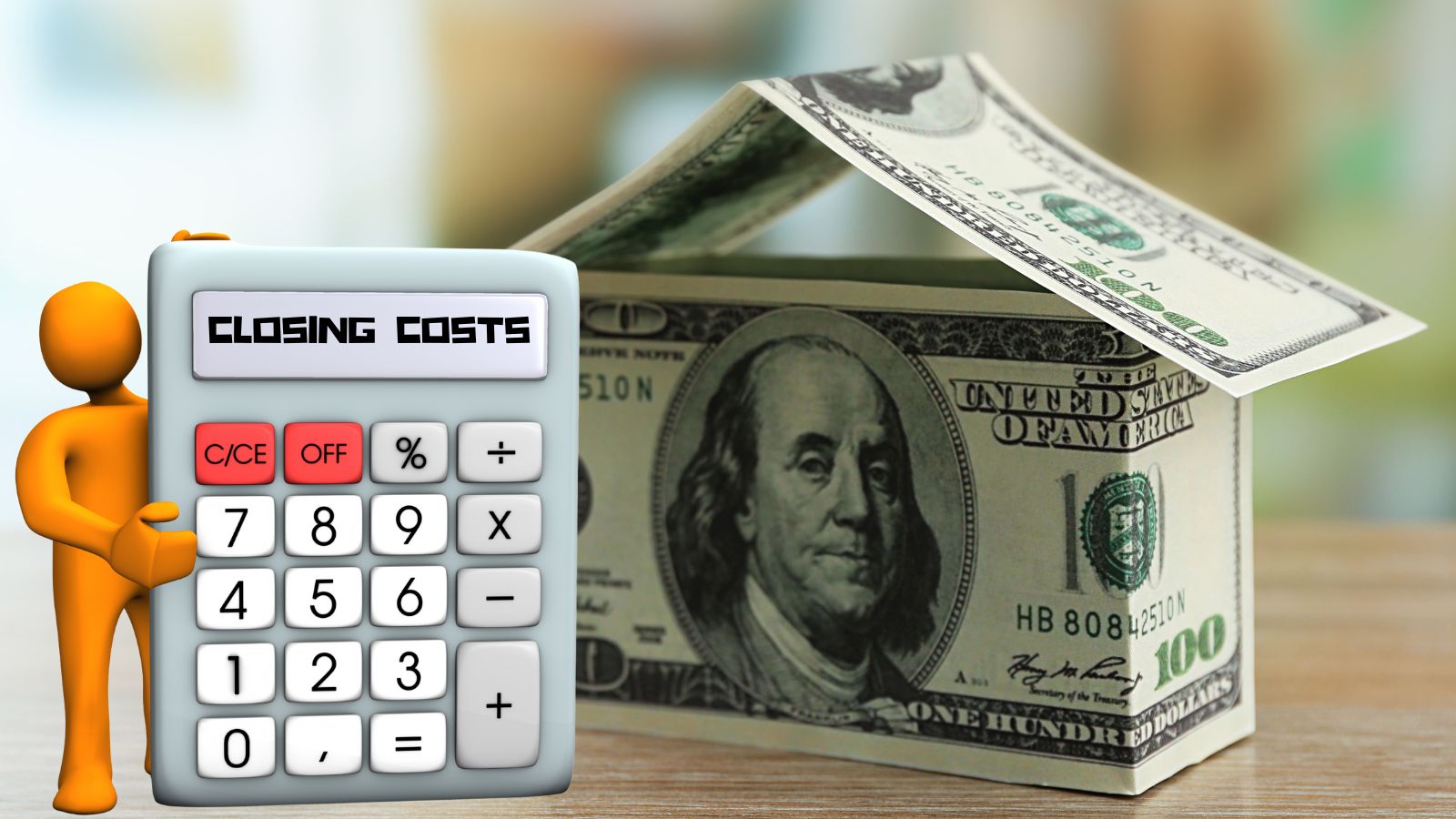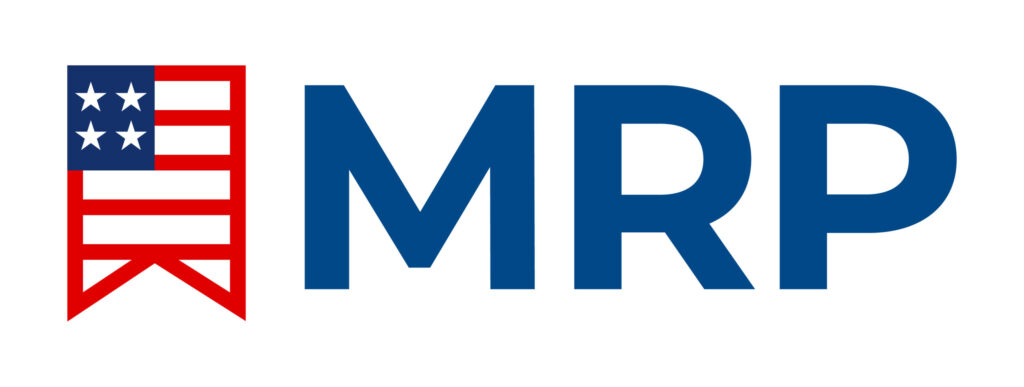You saved for a down payment, went house hunting, applied for a mortgage, but then you find there is something else you need to attend to—closing costs.
Buying a home involves spending a good lot of money out-of-pocket than just the down payment. You should save for title policies, recording fees, inspections, courier charges, and other closing costs. The total cost associated with buying a home often comes as a shock to many homebuyers who have only saved for their down payment. They end up having no extra money, and the transaction might not close at all.
Understanding closing costs and the things they cover will help make budgeting easier. It will also smooth out the final stretch of your home-buying process.

What are Closing Costs?
Closing costs often include a lot of fees for the services and expenses required to finalize a home mortgage. Whether you are buying a home or refinancing, you will have to pay the closing costs. Typically, homebuyers have to pay most of the closing costs, and the seller only pays a few, such as the real estate agent’s commission.
How Much Should You Expect to Pay?
Typically, the closing costs associated with buying a home range between two to seven percent of the purchase price, with the average being three percent. Often, it depends on the points and origination fees a lender or bank charges to create the loan. You will get to know the points and origination fees through the Loan Estimate.
The best way to cover your closing costs is to pay them out-of-pocket as a one-time expense, meaning you should save for them at the same time you start saving for your down payment. Nonetheless, you can also finance them by merging them into the loan if the lender allows. But know that you will have to pay interest on those costs throughout the length of your mortgage.
When purchasing a home, you can compare and negotiate service fees to lower your closing costs. Some states, cities, and counties also offer low-interest loan programs to help first-time buyers. So, consult your local government to check what’s available.
Once you apply for a mortgage, your lender will outline the closing costs alongside the points and origination fee in the Loan Estimate. It will also be listed in the Closing Disclosure document that reaches you a few days before the settlement. Ensure you review them closely and ask questions about anything you don’t understand.
How to Estimate Your Closing Costs?
Generally, homebuyers end up paying two to five percent of the home’s purchase price. For instance, for a mortgage of $200,000, you should expect to pay anywhere around $4,000 to $10,000 in closing costs in addition to your down payment.
Closing costs can broadly be divided into two categories—property-related fees and mortgage-related fees. The former covers the expenses incurred by your lender in evaluating the home you are financing, whereas the latter covers the cost of processing your application.
The fees included under closing costs vary widely and are based on numerous factors, such as location, the value of your loan, etc. It’s best to consult your lender and go through the mortgage documents to understand what you should expect to pay.
Property-Related Fees
- Appraisal Fee – The amount you pay for a licensed professional to come and determine what the home you are going to purchase is worth before the lender extends a mortgage offer. The appraisal fees to estimate a single-family home’s market value typically ranges between $350 to $450 or more for a larger home.
- Home Inspection Fee – Apart from the appraisal, it is always good to have a professional come and inspect the property you are about to buy. Such services usually cost a few hundred dollars.
- Title Search – If you are not purchasing a new property, lenders will have someone search the local property records for the title of the home to ensure there aren’t any issues with ownership or liens. The fee for this is around $450.
- Title Insurance – Lenders will want you to get title insurance if an issue with ownership arises after the sale. The cost for this is 0.50 to 1 percent of the loan amount.
Mortgage-Related Fees
- Credit Report Fee – This is what the lender charges you to check your credit score and obtain a credit report. The fee is typically around $25 per individual borrower on loan.
- Origination Fee – Lenders will often charge a fee for initiating the loan. This will cost you about $125.
- Application Fee – To process your mortgage application, lenders usually charge several hundred dollars as a fee.
- Underwriting Fee – Also referred to as administrative or processing fee, the underwriting fee covers the cost of evaluating and verifying your mortgage. This can range at 0.5 percent of the entire loan amount. You might also have to pay a few other charges, such as points, upfront, etc.
- Local Fees – Some cities and states charge additional fees when you get a mortgage. For instance, if you are purchasing a home in Chicago, you will have to pay a transfer tax of $7.50 per $1,000 sales price.
- Legal Fees – For most property purchases, you need to be represented by a lawyer at your closing. Most real estate lawyers charge by the hour, and the rates can also vary widely.
Learn to Budget for Closing Costs
Even before you start looking at homes, consult a lender so you have a good understanding of what your costs will be. This is why a mortgage preapproval is considered crucial.
Since various factors like the type of loan, type of property, type of occupancy, and credit score can impact your closing costs, try to be as specific as you can with the mortgage providers.
The final closing costs tremendously vary from what most borrowers assume they would be initially. Hence, budget for closing costs thoughtfully alongside the down payment to stay on the safer side.
The home buying process can be lengthy, and the key is to be patient and prepared. Don’t rush into what might be the largest purchase of your life. Be prepared for the actual costs of purchasing a home, and never deplete your saving to cover the closing costs.



